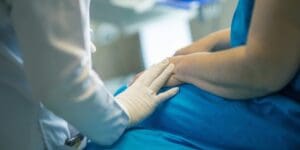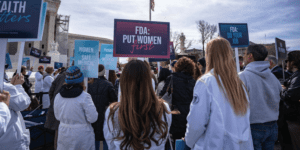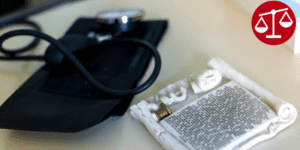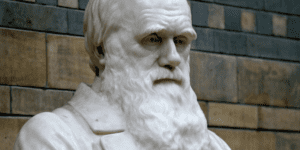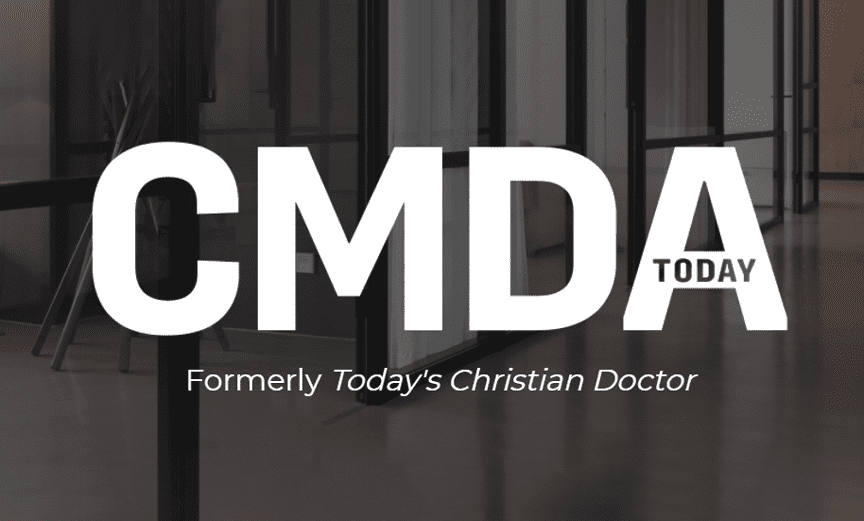
Transformed Doctors: Shelby Montgomery
In this article from the Spring 2019 edition of Today's Christian Doctor, we feature Shelby Montgomery, a third year at LSU School of Medicine in New Orleans, Louisiana. She received my bachelor’s of science in kinesiology at LSU in Baton Rouge, spending her junior year of undergrad at the University of Hawaii at Manoa on the island of Oahu through National Student Exchange. After graduating from LSU, I worked for one year at Pennington Biomedical Research Center in Baton Rouge as a research coordinator for the Heads Up project.
CMDA: To get us started, tell us a little bit about your background (school, training, personal life, etc.).
Shelby: I am a third year at LSU School of Medicine in New Orleans, Louisiana. I was born and raised in Lafayette, Louisiana and attended a small Episcopal school for middle and high school. I received my bachelor’s of science in kinesiology at LSU in Baton Rouge. I spent my junior year of undergrad at the University of Hawaii at Manoa on the island of Oahu through National Student Exchange. After graduating from LSU, I worked for one year at Pennington Biomedical Research Center in Baton Rouge as a research coordinator for the Heads Up project. This is a statewide project that investigates weight loss and other secondary outcomes of bariatric surgery compared to a 16-week liquid diet with lifestyle counseling. I began medical school in 2016.
CMDA: When did you first get involved with CMDA?
Shelby: I heard about CMDA the summer before medical school when I reached out to an upperclassman about class Bible studies. She was very enthusiastic about our local chapter and encouraged me to get involved. First year was certainly an adjustment, and the Christian community at school and my local church were invaluable examples of how to handle stress. Martin Luther reportedly said, “Were it not for tribulation I should not understand the Scriptures.” I experienced a glimpse of that added understanding my first year, because I had great influences that kept me consistently turning to the Word for guidance.
CMDA: And how have you been involved since then?
Shelby: At the end of first year I was elected the Southeast Regional Student Representative. This is a two-year position that entails helping lead the student activities at the CMDA National Convention and serving as a liaison between medical school chapters and national resources. I attended the CMDA National Convention in 2017 and 2018. And then I was the vice president of my local chapter in my second year. Ephesians 2:19-20 says, “So then you are no longer strangers and aliens, but you are fellow citizens with the saints and members of the household of God…Christ Jesus himself being the cornerstone” (ESV).
CMDA: What would you say is the biggest way CMDA has impacted your life so far in your healthcare training?
Shelby: My first National Convention had a major impact on my spiritual life, especially over the months that followed. So many men and women at the convention were using their medical careers to serve the Lord in ways I didn’t know were possible. I read approximately 10 books the following summer to prepare for Bible study beginning that fall. As I locked myself in the library the following spring preparing for Step 1, my focus drifted away from memorizing Scripture and praying. I realized Christian influence is not only encouraging but also necessary. The pastor of my local church compared community to a fire, with each individual amber glowing brightly when together and burning out when it drifts away. CMDA provides that national fire of possibility every young professional needs to stay inspired.
CMDA: CMDA’s vision is “Transformed Doctors, Transforming the World.” What does that mean to you?
Shelby: Luke 10:27 says, “…‘You shall love the Lord your God with all your heart and with all your soul and with all your strength and with all your mind, and your neighbor as yourself ’” (ESV). This Scripture and the parable of the Samaritan that follows encapsulates the essence of what Jesus preached and how God wants us to love. A true neighbor’s love is sacrificial and indiscriminate. We are told to love as ourselves anyone who is on our path and in need. Many physicians are faced with this impossible task every day, often requiring their entire strength. I recently had a 30-hour shift in trauma surgery on a Friday night in New Orleans, and I witnessed a resident give his entire strength to the patients. A total of 10 trauma activations, numerous consults and a 5 a.m. exploratory laparotomy with an unfavorable outcome. I stood in awe of the resident’s strength later that morning as he patiently listened to another patient’s concern of her wound VAC change for 20 minutes. How amazing would it be to give one’s entire strength to loving the Lord? To loving everyone as oneself? That would be a life and career that could transform the world.
CMDA: What’s the best advice you can give to others about how to get involved transforming the world for Christ?
Shelby: Katie Howe, a current surgery resident, graduate of LSU and leader of CMDA’s National Resident & Fellow Council, gave me great advice at the last convention. She told me that since you can’t do everything, do something that wouldn’t happen unless you do it. It can be difficult to narrow focus and put your energy into only a few things. I spent a lot of last year thinking about what I wanted to prioritize. Part of that thought process involved listening to podcasts. I am unabashedly a pod-cast groupie. It provides great exposure to law, ethics and student CMDA leadership. My Bible study co-leader and I based our spring semester study on Christianity and medical ethics, with most of my research coming from the Bible and podcasts. I would encourage others to research projects and needs both locally and internationally to discover how their unique skills and experiences can help transform the world for Christ.
CMDA: Is there anything else you’d like to share?
Shelby: To end on a lighter note, my family and I went snow skiing over Christmas break of my second year. On Christ-mas day, the slopes were crowded, the snow was icy and my medical student stamina was failing. I had a nasty fall on the sharp turn of a blue, tumbling halfway down the slope and losing my skis. I didn’t lose consciousness but sustained a black eye and a badly sprained thumb. At 11 p.m. that night, I was awake and realized I could have an epidural hematoma, frightfully called the “walk, talk and die” syndrome. Of course I hadn’t lost consciousness, so the odds of an epidural hematoma are nearly zero, but I still sat in bed and read articles on my phone about the syndrome for about three hours. I continued to lay there defenseless, knowing I just needed to go to sleep. Like several times already in medical school, I needed to give this problem to God. Medicine has affected me in so many ways that I wouldn’t have expected. I pray the most frequently in the days before a test and during hectic days at a hospital. And what a gift that stress is if it strengthens my relationship with God!

